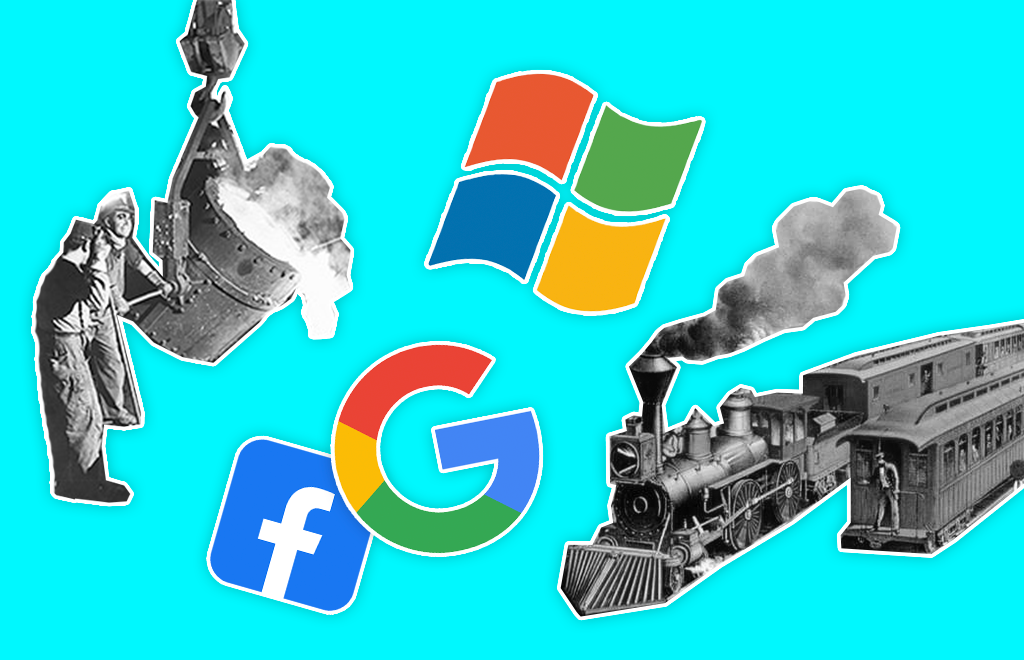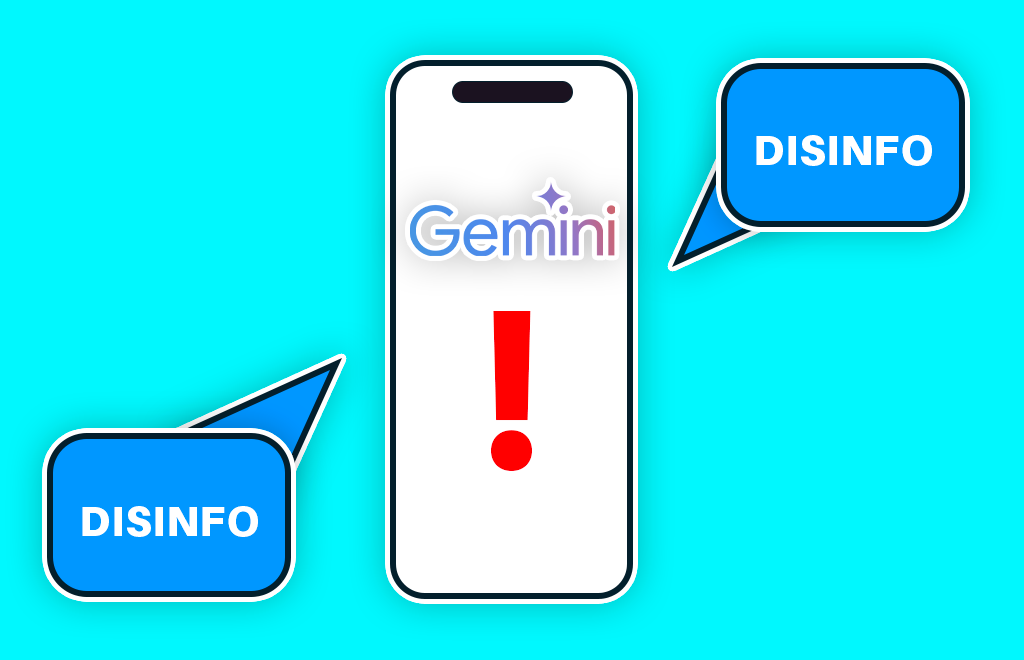While legislative efforts to rein in the abuses of Big Tech monopolists move forward in Congress, corporate lobbyists are frantically warning that it will cripple our economy. Indeed, nearly every time the U.S. has pursued bold antitrust action, it has been met by industry fear mongering that American businesses will no longer be able to compete. But in reality, the opposite has almost always proven true.
In the 1870s, a handful of companies rose to power, creating monopolies and harming consumers and competitors alike. If a metal specialist built their own construction company, they were almost immediately bought by Andrew Carnegie’s U.S. Steel, which owned nearly every iron mine, steel plant, and metal shipping company in the northern United States. John D. Rockefeller’s Standard Oil used a more nefarious method to boost its monopoly – relying on its vast cash reserves to sell its oil far below market price to edge out competitors until they couldn’t survive, forcing them out of business.
In response, Ohio Senator John Sherman drafted a bill that would ban monopoly conduct, and allowed the federal government to bring cases forward that argued a business was hindering competition. Sherman had a difficult time getting his legislation through the Senate. Some members argued that it wasn’t constitutional; others worried it would replace the business hegemon with a government one.
But as more constituents sent reprieves to Congress asking for action on monopolies, the Sherman Antitrust Act passed the Senate, and later unanimously passed the House of Representatives – which at the time was composed largely of businessmen who had seen the deleterious effects of monopolies first hand.
Once The Sherman Antitrust Act of 1890 was enacted into law, monopolies that had squelched the industries they operated in – from oil to railroads, to pharmaceuticals and water transportation – were broken up by the US government. Six years later, for example, a Sherman Antitrust case broke up the dominant Motion Picture Patents Company, paving the way for dozens of new movie studios to grow and usher in the Golden Era of American Cinema.
The Sherman Act, however, left some loopholes that allowed large corporations to continue consolidating their power, primarily through predatory price fixing, exclusive dealings, and mergers and acquisitions designed to swallow up competition. Twenty-five years later, two pieces of legislation followed: the FTC Act, which banned unfair methods of competition and deceptive acts or practices and created the Federal Trade Commission, and the Clayton Act, which addressed the loopholes left behind by the Sherman Act and made business practices like anti-competitive mergers, price discrimination, and interlocking directorates, illegal.
Nearly a hundred year later, this legislation empowered the FTC to bring a case against GeoCities, one of the most popular websites on the internet and a precursor to today’s major social media platforms like Facebook and Instagram; the FTC alleged that the company was deceiving users and secretly selling private data for profit. These actions laid the groundwork for greater privacy measures on the internet, protecting children and other users from online surveillance without their consent.
Of course, the FTC’s actions did not halt innovation online or create an unfair marketplace for GeoCities to continue doing business – it stayed open for another decade. Rather, the FTC’s actions made the internet a safer, more transparent place.
Throughout the 1990s, Microsoft became the most profitable company in America. Nearly every home computer used its Windows operating system, and nearly everyone with Windows surfed the web with its pre-installed browser, Internet Explorer. Microsoft possessed a double-monopoly that they wielded to cut down competition with tactical efficiency. The FTC’s goal was to break up Microsoft into separate companies: one for operating systems and one for browsers.
The case became a media circus. Bill Gates and other Microsoft executives engaged a federal judge with erratic decorum, laughing while claiming that, if Microsoft lost the case, the US government would force Americans to remove Internet Explorer from their computers—causing all PCs to crash. Beloved across the nation as a symbol of the American dream, Bill Gates’ fear mongering left millions terrified that the Sherman Antitrust Act—created 100 years prior to protect consumers—would infringe upon their liberties. Similar to Mark Zuckerberg’s congressional testimonies in the past five years, when Bill Gates testified in front of the Senate Judiciary Committee in 1998, he was “evasive and nonresponsive.”
The result? No American was forced to uninstall Internet Explorer. No liberties were infringed upon. The opposite happened: Microsoft’s court-ordered transparency paved the way for smaller software companies to grow and build newer, nimbler browsers. It also paved the way for new companies in Silicon Valley to compete.
Now, it’s those companies that find themselves in the crosshairs. Big Tech giants like Amazon, Google, and Facebook have repeatedly exploited their market dominance – crushing small businesses and news publishers, self-preferencing their own products, and manipulating public discourse.
As lawmakers consider a series of new antitrust bills to hold Big Tech companies accountable, history can serve as a guide to show that antitrust regulation works. Each time the U.S. has enacted substantive antitrust legislation, consumers have benefited, small businesses have grown, innovation has been strengthened, and competition has thrived. These bills would constrain harmful Big Tech behavior and help the next generation of companies thrive.
Currently, Big Tech is using a series of intimidation tactics to scare consumers and small business owners about the proposed legislation. Early this year, Amazon sent an email blast to 2 million retail, creative, and tech partners threatening that antitrust action could “force the company to shut down its third-party marketplace.” That just isn’t true.
These companies say antitrust legislation will destroy American innovation; but so did every other monopolist facing antitrust action before them. It’s time to rein in the monopolistic power of Big Tech and ensure that U.S. antitrust laws respond to the realities and complexities of 2022, and usher in a stronger democracy, a more inclusive economy, and healthier marketplaces.








